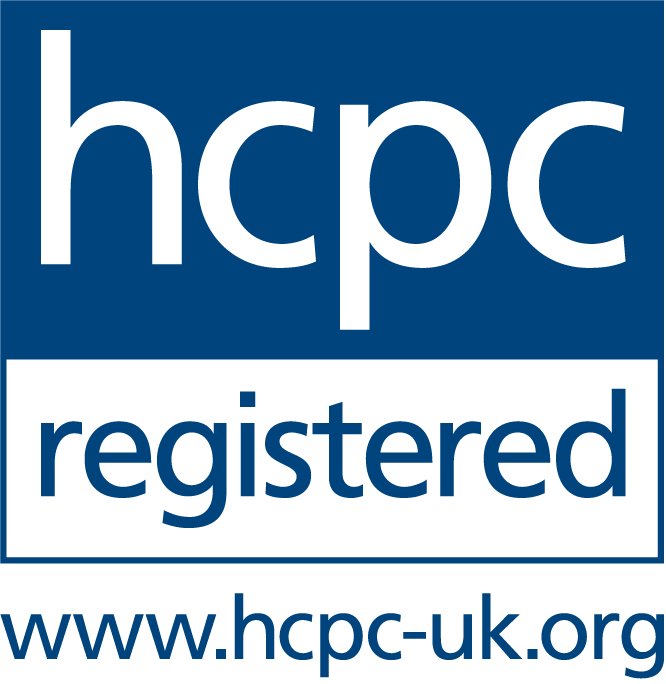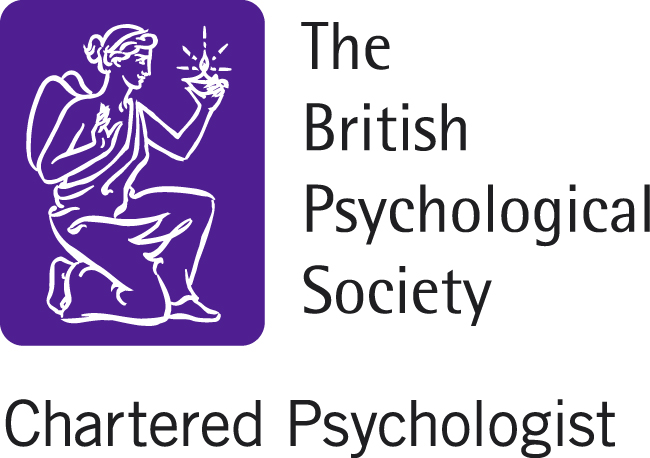Living with OCD: Understanding, Coping and Finding Hope
Obsessive-Compulsive Disorder (OCD) is a mental health condition that affects millions worldwide, yet it remains widely misunderstood. Popular culture often portrays it as a quirky obsession with cleanliness or organisation. In reality, OCD is far more complex, often debilitating, and deeply personal. For those living with it, the experience can feel like being trapped in an unending cycle of intrusive thoughts and compulsions. If you’re reading this and you live with OCD, know that you are not alone, your struggles are valid, and there is hope for a better tomorrow.
The Intrusion of Thoughts
One of the most distressing aspects of OCD is the relentless stream of intrusive thoughts—unwanted, distressing ideas, images, or urges that seem to pop into your mind out of nowhere. These thoughts are often in stark contrast to your values, beliefs, or desires, which makes them even more upsetting. For example, a kind and caring individual might be haunted by thoughts of harming someone they love. These thoughts do not reflect who you are, but OCD makes it feel as though they do.
Living with intrusive thoughts exhausting, isolating, and frustrating—but it is also manageable. Understanding OCD, recognising its impact, and embracing hope can make a world of difference for those navigating this condition.
The Nature of OCD
At its core, OCD consists of obsessions—persistent, unwanted, and distressing thoughts, images, or urges—and compulsions, which are repetitive behaviours or mental acts performed to reduce the anxiety triggered by those obsessions. These thoughts and actions are not voluntary. They intrude, uninvited and often nonsensical, leaving the person feeling trapped in a cycle of distress and temporary relief.
For example, someone might experience a persistent thought that they will inadvertently harm a loved one, even though they would never wish to cause harm. To quell the anxiety, they might repeatedly check doors, locks, or even seek reassurance from others. This is not because they lack common sense or understanding of reality but because the fear feels so real that it becomes unbearable.
Living with the "What Ifs"
One of the most challenging aspects of OCD is the incessant questioning: “What if I didn’t lock the door?” “What if I get sick because I touched that doorknob?” “What if my thoughts mean I’m a bad person?” These “what ifs” can spiral into hours of mental rumination or compulsive behaviour.
For someone with OCD, these thoughts are not fleeting—they are intrusive and sticky. They latch onto the mind, creating a sense of urgency that demands immediate action. Even when the person knows logically that their fears are irrational, the emotional intensity makes it almost impossible to ignore. This constant second-guessing can erode self-trust, leaving the individual feeling as though they are at the mercy of their own mind.
The Isolation of OCD
OCD can feel incredibly lonely. Often, individuals are hesitant to share their thoughts or behaviours with others due to fear of judgment or misunderstanding. Many worry they will be labelled as “crazy” or dismissed as overreacting. This stigma forces some people to suffer in silence, intensifying their feelings of isolation.
Even within close relationships, explaining OCD can be difficult. How do you articulate the need to check the stove five times in a row or the overwhelming guilt of an intrusive thought you didn’t ask to have? Loved ones may struggle to understand why you can’t “just stop.” This lack of understanding, though unintentional, can deepen the divide, making the person with OCD feel even more alone.
The Emotional Toll
Living with OCD is emotionally exhausting. The condition feeds on fear, guilt, and doubt, creating a cycle that feels impossible to escape. The obsessions can be terrifying, evoking feelings of shame or self-loathing, while the compulsions often bring only fleeting relief before the next wave of anxiety hits.
There’s also the frustration of knowing, deep down, that these thoughts and behaviours don’t align with your values or rational understanding of the world. This disconnect can leave someone feeling as though they are battling against themselves—a relentless tug-of-war between logic and emotion.
It’s Not Your Fault
If you’re living with OCD, it’s important to know that you are not alone, and this is not your fault. OCD is not a personal failing. Your intrusive thoughts do not define you. They are not a reflection of your character, values, or intentions. They are simply a product of how your brain processes anxiety.
The fact that you feel distress over these thoughts is evidence of your caring nature. It shows that you have a strong moral compass, even if OCD tries to convince you otherwise. Recognising this is a vital step towards self-compassion—a powerful tool in managing OCD.
Finding Hope in Treatment
The good news is that OCD is treatable. You do not have to live in its shadow forever. Evidence-based treatments like Cognitive Behavioural Therapy (CBT), particularly Exposure and Response Prevention (ERP), have been shown to be highly effective. ERP helps you face your fears and resist the urge to perform compulsions, gradually reducing their power over time.
Medication can also be beneficial for some people, especially when combined with therapy. If you’re considering treatment, remember that it’s okay to explore different options to find what works best for you. Recovery is not a one-size-fits-all journey—it’s a process that unfolds uniquely for each person.
Building a Support Network
Living with OCD can feel isolating, but you don’t have to face it alone. Reaching out to trusted friends, family members, or mental health professionals can provide much-needed support and understanding. Joining support groups, whether in person or online, can also be incredibly validating. Hearing others share their experiences can remind you that you’re not alone in this struggle—and that recovery is possible.
Educating your loved ones about OCD can also help bridge the gap. When they understand that your behaviours are not a choice but a symptom, they can offer more empathetic and informed support. Remember, it’s okay to ask for help. You are deserving of care and understanding.
Practising Self-Compassion
OCD often thrives on guilt and self-criticism, which is why practising self-compassion is so important. Be kind to yourself, even on the days when OCD feels overwhelming. Remind yourself that you are doing the best you can in a challenging situation. Celebrate small victories, whether it’s resisting a compulsion or simply making it through the day.
It’s also important to prioritise self-care. Activities like exercise, mindfulness, and creative pursuits can help reduce stress and improve overall well-being. While these aren’t cures for OCD, they can provide moments of relief and help you build resilience.
The Power of Hope
If you’re living with OCD, it’s natural to feel discouraged at times. The journey to recovery is rarely linear, and setbacks are part of the process. But there is hope. Many people with OCD go on to lead fulfilling, meaningful lives. With the right treatment and support, you can learn to manage your symptoms and reclaim your sense of control.
Remember, you are not your OCD. You are a person with dreams, talents, and the ability to grow. Your worth is not defined by your struggles but by the strength it takes to face them every day. Healing is possible, and you are not alone on this journey.
Conclusion
Living with OCD is undeniably challenging, but it’s important to recognise that you are not defined by your condition. You are more than your intrusive thoughts, more than your compulsions, and more than the struggles you face. Seeking help, finding support, and practising self-compassion can transform the way you navigate life with OCD.
Most importantly, never lose sight of hope. Recovery is within reach, and with time, patience, and determination, you can move beyond the confines of OCD and toward a life filled with peace, purpose, and joy. You are deserving of understanding, validation, and happiness—and those are all possible, even when OCD tries to tell you otherwise.
To enquire about any of the services we offer including psychological therapy and parenting support, please contact us.





